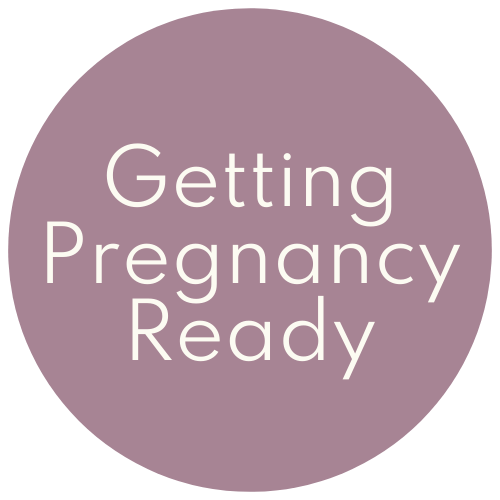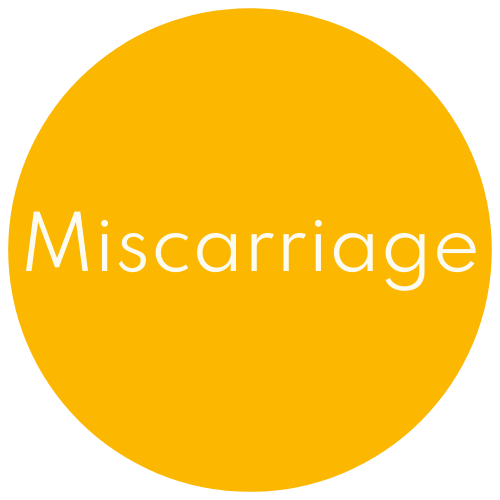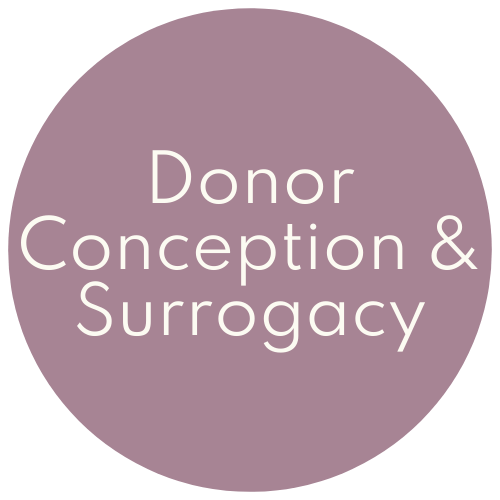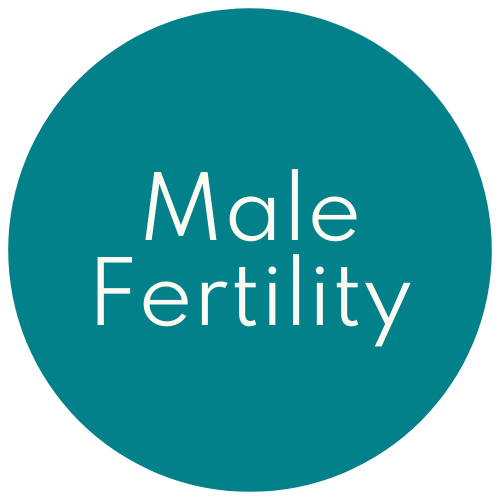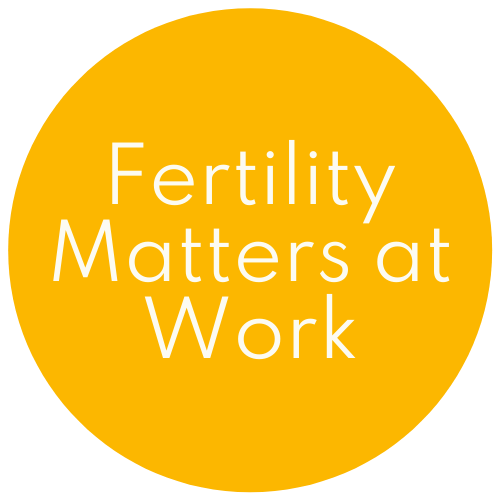Welcome back to The Fertility Podcast, yes it’s been a while since our main series was published and with this one, we’re going Behind The Scenes of IVF and in our first episode, we’re starting a conversation about the IVF sector’s green credentials. We hear from locum Embryologist Dani Smale, who started her training at CARE Fertility London where she undertook small research projects, including looking at the environmental impact of IVF, mainly plastic use. We also talk to Annemette Arndal-Lauritzen, the CEO of the European Sperm Bank about the Communication on Progress (COP) report and talk about how whilst their primary focus is on creating healthy babies, they also want to make sure that current, as well as future generations of donor children, grow up in a healthy world and that their families are on an equal footing with any other type of family. You will also hear a snippet from Dr Emma Saunders and Ricard Ledin da Rosa, Sustainability Specialist at Vitrolife.
What was discussed:
- With almost 2.5 million IVF cycles completed around the world every year and the number is constantly rising – can IVF go green?
- It’s possible that per cycle / per consumer portion of greenhouse gas emissions could be higher than any other healthcare-related procedure
- Dani Smale study with Care Fertility in 2018 looking at the number of cycles and the average number of different consumables for each procedure
- 69,500 consumables about 22,800 pieces of packaging
- Difficult for a city-based clinic to recycle.
- Lab mentality – just get another one, rather than recycling
- NHS Labs are much more conscientious in thinking about costs
- Using reusable caps , but not that many units use them.
- People are worried about infection control so they use disposables.
- Repurposing = Glassware might be used in arts and crafts, schools, Girl Guides
- The Sustainable Development Goals from the UN to choose which applied to the European Sperm Bank – 3 Good Health and Well-being, 5 Gender Equality, 16 – Peace, Justice, and Strong Institutions
- Recycle tanks – don’t use dry ice as it requires a lot of plastic
- Use large tanks that can be recycled and optimised for usage
- Aiming to become zero neutral in 2025 in 2022 – attempting to reduce by 50% by minimising as much as possible and for the rest, they are offsetting, by planting trees.
- Importance of working with a company that takes pride in protecting the environment – perception this gives to patients.
We talked about the International IVF Initiative and a session they held called ‘How Green is your IVF’ which you can watch here
Get in touch:
We really want to hear your thoughts on whether this matters to you. Please email
Follow us on Instagram
This episode is sponsored by TMRW
